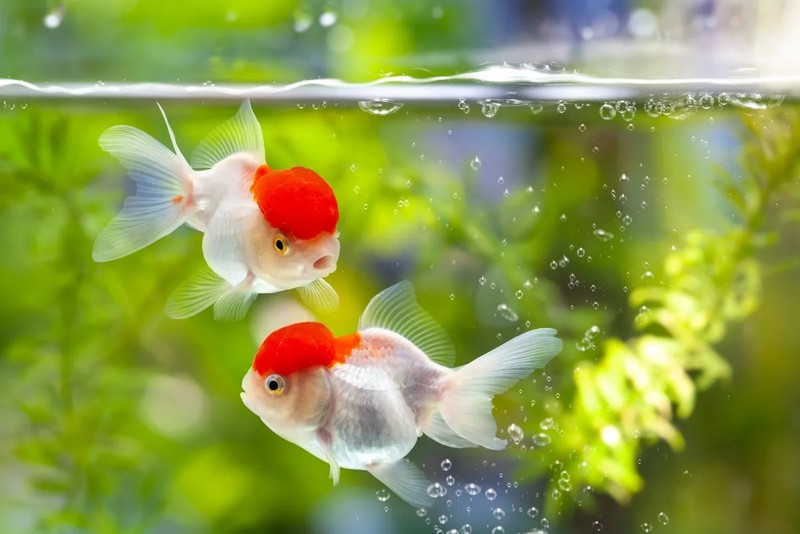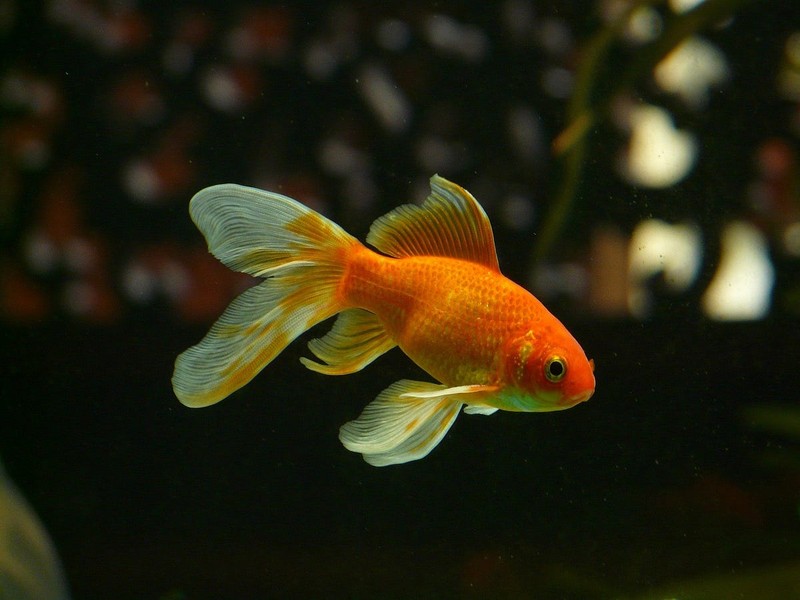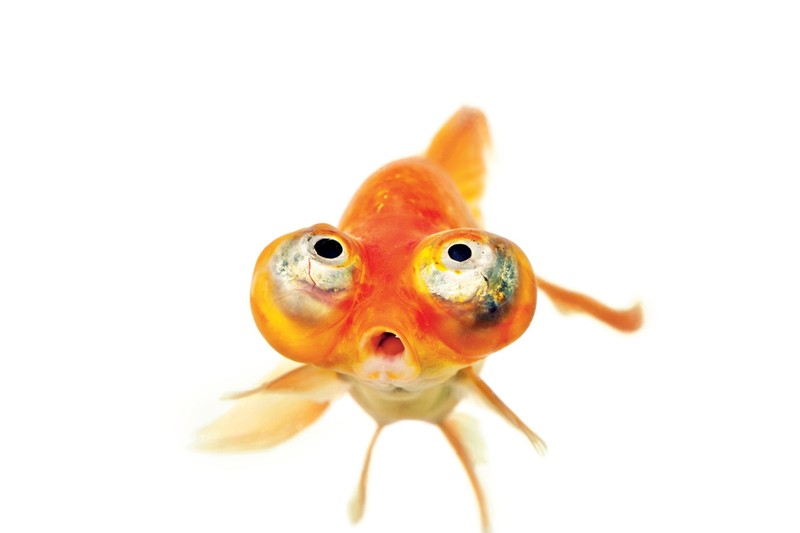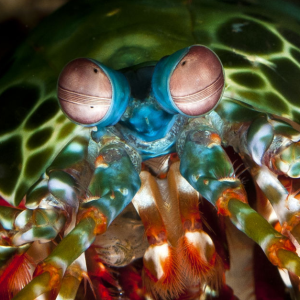First domesticated in China around 1,000 years ago, there are now more than 125 varieties of goldfish . They have an average lifespan of 10 to 15 years, with the oldest goldfish on record dying at the age of 43 with a head full of memories (probably).
How smart are goldfish?
“We’ve known about goldfish having pretty good memories since the 50s and 60s, and they’re actually pretty smart,” Culum Brown, an expert on fish cognition at Macquarie University in Australia, told Live Science in 2021.
Since research began investigating the intelligence and memory abilities of goldfish, findings have consistently shown that they are capable of long-term memory formation, social learning, tool use, spatial awareness, and problem solving.

In 1966, researchers at the University of Michigan conducted a study in which goldfish showed improved ability to avoid electric shocks in several tests lasting several days, providing evidence that short-term memory was formed.
A study conducted at the University of Oxford even found that goldfish have a surprising ability to accurately estimate distances – something that even humans struggle to do. They were trained to swim 70cm to get food, and were able to accurately complete this distance even when the starting point and stimulus changed.
Goldfish can learn to drive, according to a scientific study. Video captured them moving fluidly around a lab, demonstrating complex learning and memory abilities.
The small brain size compared to mammals is often used to explain the “stupidity” of fish. However, brain size does not always correlate with intelligence. Fish brains differ from mammalian brains in that they lack the hippocampus, which plays an important role in forming long-term memories.
However, fish do possess the lateral tegmental area, a structure that connects events and experiences. This area has evolutionary similarities to the parts of the brain that support learning in mammals, and is also structurally similar to the amygdala, which is involved in emotion.

Why do people think goldfish have three second memories?
The misconception that goldfish have a three-second memory may stem from the fact that many people keep them in small, empty tanks, which limits their ability to demonstrate their intelligence. The cognitive abilities of fish may also be underestimated due to a lack of public understanding. Many people believe that keeping fish in small, simple tanks is acceptable, which leads to their being treated unfairly.
Goldfish aren’t the only fish with impressive memories. Research shows that many freshwater and saltwater fish species have unique and remarkable cognitive abilities.
arrow_forward_ios Read more
African tilapia, a commonly farmed freshwater fish, have been found to be able to form associations and remember those associations for up to 12 days, while studies of wild fish have shown memory retention of up to 11 months for negative experiences.
Zebrafish can understand numbers, and research on cleaner fish has shown that they can recognize their own faces by reflection.
Some species have been shown to be able to escape labyrinths, and fish have been observed in the wild hunting together (conger eels and groupers), protecting each other from predators (stickyheads and guppies), and cleaning other fish in exchange for not being eaten (cleaning wrasse).

Despite the overwhelming evidence supporting the intelligence of fish, they are often mistreated in the pet trade. Animal welfare charity The Humane League explains that “Fish suffer more than any other vertebrate today because they are not only farmed in the largest numbers, but also suffer from serious welfare issues including disease, sea lice and overcrowding on these farms.”
Currently, farmed fish are often excluded from laws – such as the US Humane Slaughter Act – that require the ethical slaughter of livestock to avoid causing avoidable suffering, leaving the estimated 124 billion farmed fish annually vulnerable to mistreatment and unnecessary suffering.
Through numerous studies and empirical evidence, it is clear that goldfish not only have long-term memories, but also have the ability to learn, solve problems, and demonstrate incredible intelligence. Keeping them properly nourished and cared for will not only help them live a healthy life, but also show respect for an animal with a higher cognitive capacity than we once thought.





